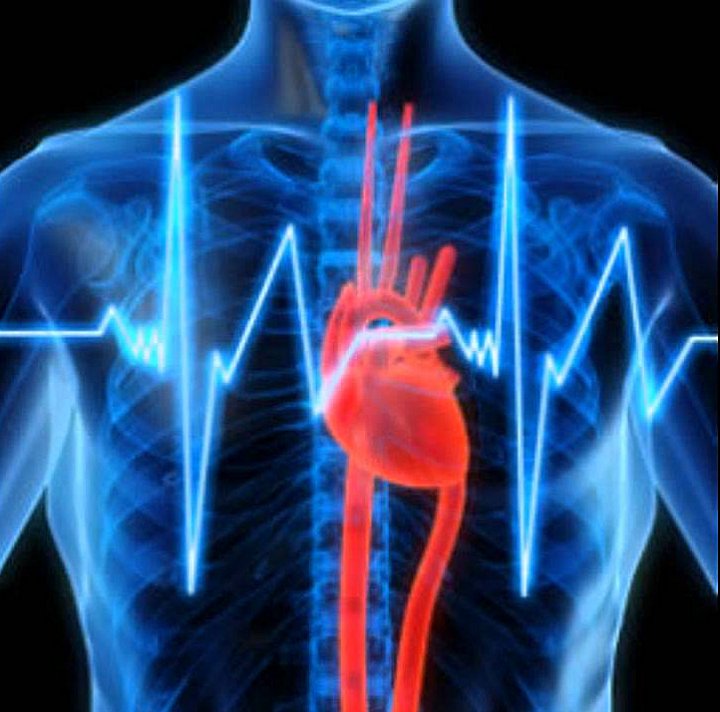Over the past few decades, the rate of disability from chronic diseases in the United States has risen significantly. While medical studies attribute this increase to factors like poor diet, lack of exercise, and high blood pressure, magnesium is a critical piece of the puzzle that often goes unnoticed.
The American Medical Association (AMA) and the Centers for Disease Control and Prevention (CDC) have been instrumental in the decline of deaths from chronic diseases, particularly heart disease and stroke. In 1960, a heart attack or stroke often resulted in death. However, advancements in pharmaceutical interventions have significantly improved survival rates, allowing many patients to live longer, albeit often with a dependency on medications. The pharmaceutical industry has greatly benefited from these advances, as death rates from diabetes, chronic lung disease, chronic kidney disease, and other chronic conditions decline due to increased pharmacological interventions.
Despite the overall decline in smoking rates, deaths from lower respiratory diseases, such as bronchitis and emphysema, have steadily increased since 1960. Concurrently, physical activity levels have decreased, contributing to the rise of diabetes and other obesity-related chronic diseases. Alcohol abuse rates have also continued to climb since 1960. Although early death from chronic diseases is declining, the rate of disability due to medically treated or managed chronic diseases is increasing.
The underlying cause of these diseases is not related to one’s location, socioeconomic status, ethnicity, or heredity. It is certainly not due to a lack of pharmaceuticals or recreational drugs. Disease and death result from cellular failure. When cells fail, there is no positive outcome. Chronic cellular failure leads to death, and while pharmaceuticals can boost bodily mechanisms to prolong life, they cannot stop the inevitable if cellular failure persists.
Cells must produce energy to maintain viability, a function performed by the mitochondria. While interventions can alter body chemistry to temporarily enhance mitochondrial action, these are unnatural and short-term solutions. A key component necessary for effective mitochondrial health is often deficient in the body: magnesium. Thomas E. Levy has highlighted the critical connection between magnesium and mitochondrial function. Without sufficient magnesium, mitochondrial reactions fail, leading to cellular failure, disease, and, ultimately, death.
Approximately 95% of cellular magnesium is found within the mitochondria, the cell’s “workforce.” Transdermal absorption through the skin effectively ensures this workforce has enough magnesium chloride. For efficiency, mixing magnesium oil with DMSO can facilitate quicker transfer. Unfortunately, most doctors do not inform patients of magnesium deficiencies. When they do, the recommendation is typically for oral supplements, which are less effective.
What is truly needed is a magnesium infusion. You can create your own magnesium infusion by using liquid magnesium sourced from the sea and applying it to your skin. Oral magnesium supplements can only achieve about 10% absorption, whereas transdermal application can achieve up to 90% absorption. By taking this approach, you can significantly impact your health on a cellular level.
Many common substances and treatments can significantly deplete magnesium levels in the body, causing various health issues. Diuretics, proton pump inhibitors like Prilosec and Nexium, aminoglycoside antibiotics, some antiviral and antifungal agents, chemotherapy, and immunosuppressants are known to reduce magnesium. This depletion is concerning because magnesium is crucial for our health, stored mainly in our bones and muscles, and acts as a buffer for the blood.
Modern food processing and the use of non-organic fertilizers have drastically reduced the magnesium content in our food. Experts claim that food processing can reduce magnesium by 80-90%, and over the past 60 years, the magnesium content in non-organically grown fruits and vegetables has decreased by 20-30%. This decline makes it difficult for people to get enough magnesium from their diet alone.
Magnesium is vital in relaxing blood vessels and reducing oxidative stress, making it more effective for migraines than many vasodilator drugs. It has also effectively treated various infections and conditions, such as meningitis, tetanus, tuberculosis, asthma, bronchitis, and the common cold. Magnesium helps prevent infections by supporting the activity of natural killer cells and T-cells.
Low magnesium levels are associated with a wide range of health issues, including heart disease, endocrine disorders, infectious diseases, cancers, bone diseases, pulmonary diseases, neurological conditions, diabetes, multiple sclerosis, Alzheimer’s disease, Parkinson’s disease, lupus, rheumatoid arthritis, chronic fatigue syndrome, coronary artery disease, stroke, high blood pressure, arrhythmias, depression, anxiety, migraines, insomnia, epilepsy, asthma, COPD, osteoporosis, osteoarthritis, liver disease, cerebral palsy, and kidney disease.
Magnesium helps the body eliminate toxins and provides protection against various harmful substances, such as antibiotics, antiarrhythmics, cardiotoxins, neurotoxins, hallucinogens, pesticides, and heavy metals. It also offers prophylactic protection from the negative effects of substances such as ethanol, lithium, and various antidepressants and antipsychotics.
Most doctors won’t diagnose magnesium deficiency, and if they do, they often recommend oral supplements. However, what you truly need is a magnesium infusion.
Given its crucial role in maintaining health, adequate magnesium levels must be ensured through diet or supplementation. This can help counter infections, neutralize toxins, and promote overall healing and well-being.
